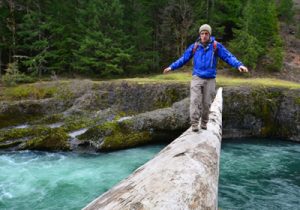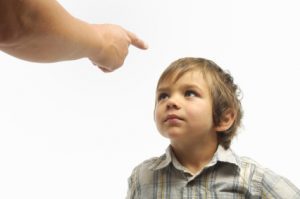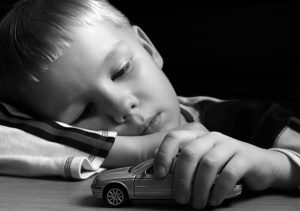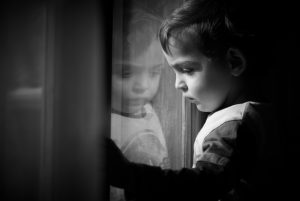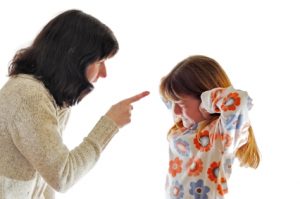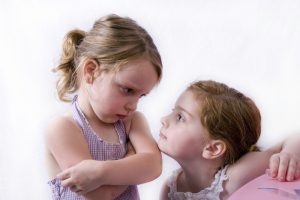Topics List
- Addictions
- Anger
- Anxiety
- Attachment
- Communication Between Couples
- Communication with Children
- Critical Inner Voice
- Critical Inner Voice and Intimacy
- Defenses
- Depression
- Differentiation
- Discipline
- Eating Disorders
- Existential Issues
- Experts
- Experts at Home
- Fantasy Bond
- Fear of Intimacy
- Featured Author: Dr. Robert Firestone
- Happiness
- Isolation and Loneliness
- Life Affirming Death Awareness
- Love
- Mindfulness
- Narcissism
- Nervous system
- Neuroscience
- Obsessive Compulsive Disorder
- Parenting
- Parenting Advice
- Relationship Advice
- Relationship Problems
- Relationships
- Self Development
- Self-Destructive Behavior
- Self-Esteem
- Sexual Stereotyping
- Sexuality
- Stress
- Students
- Suicide Prevention
- Tantrums
- The Fantasy Bond
- Toxic Relationships
- Trauma
- Video
- Violence
- Violence Prevention
- Why Do We...? - A PsychAlive Podcast
Writing as Sanctuary: Carrying Grief Word by Word
Grief hits hard. It can be sudden — being fired, losing your house to fire,... >>
03
Feb
Feb
Stepping Back from the Pressure of New Year’s Resolutions
I’ve decided not to make any New Year’s resolutions. This just isn’t the year for... >>
28
Jan
Jan



